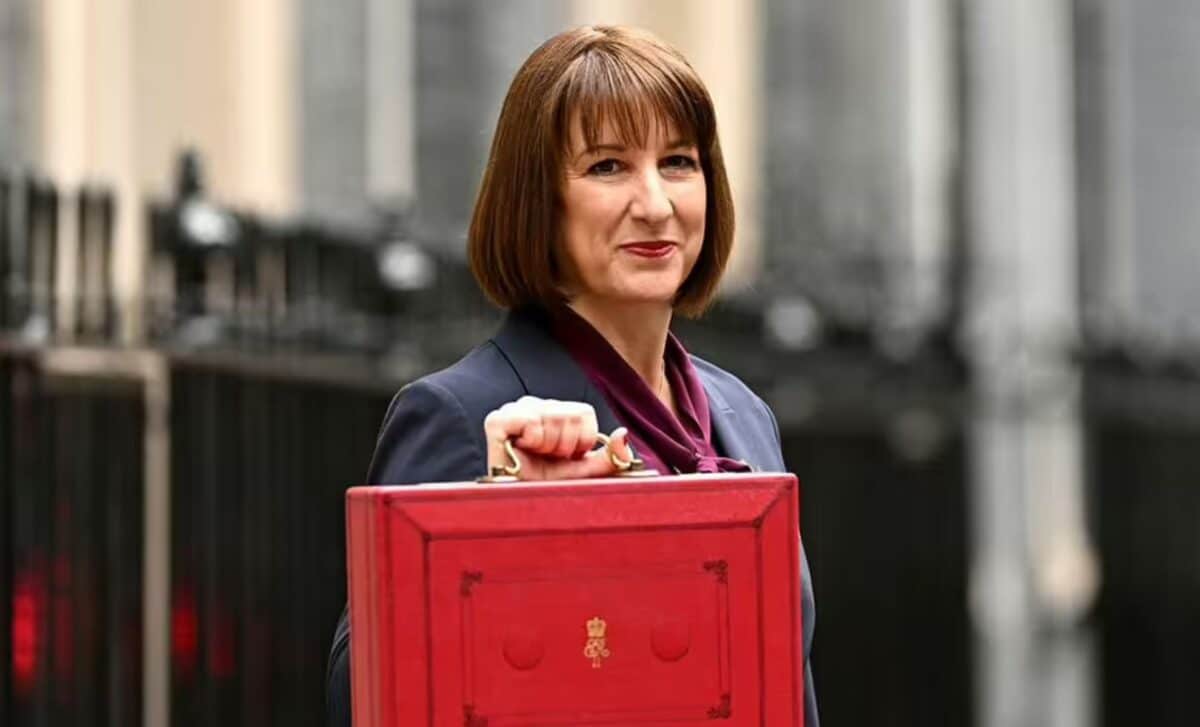Chancellor Rachel Reeves’s recent Budget, which includes significant tax increases and reforms, has sparked recession fears. While the Budget aims to stabilize the economy through measures like £40 billion in tax hikes and increases to National Insurance contributions, early indicators suggest it may hinder short-term growth.
The UK’s economy grew by just 0.1% between July and September, falling short of expectations and highlighting the challenges ahead. Economists and business leaders have warned of a potential recession, as high taxes and tepid private sector investment weigh heavily on the economy. Reeves, however, has defended the Budget’s long-term goals, particularly its plan to unlock £80 billion in pension funds for infrastructure and business investments.
Sluggish Growth and Recession Risks
The UK economy has been struggling throughout 2024, with the latest growth figures painting a bleak picture. Between July and September, the economy expanded by only 0.1%, half of what was predicted. Recent data from the Purchasing Managers’ Index (PMI) showed that businesses across manufacturing, services, and construction sectors have scaled back investments in response to fiscal uncertainty.
Economists are now voicing concerns about the potential for a recession. Paul Dales, chief UK economist at Capital Economics, noted: “Our forecasts assume that economic growth improves a bit in Q4 and strengthens further next year, partly due to the rises in government spending announced in the Budget. But I am now more worried that economic growth will be weaker than our forecasts.”
While Dales anticipates that a potential recession would be short-lived, the current combination of stagnant growth, high interest rates, and persistent inflation poses immediate risks to both businesses and households. As recession fears grow, the government’s ability to strike a balance between fiscal responsibility and economic stimulation is coming under scrutiny.
Businesses Push Back Against Tax Hikes
The business community has reacted strongly to Reeves’s decision to raise employers’ National Insurance contributions, a measure designed to boost government revenue. Many have criticized this move, arguing that it will discourage investment and exacerbate the economic slowdown.
Chris Williamson, chief business economist at S&P Global Market Intelligence, stated: “Companies are giving a clear ‘thumbs down’ to the policies announced in the Budget, especially the planned increase in employers’ National Insurance contributions.” This sentiment is echoed across industries, as companies report scaling back hiring and investments in anticipation of higher tax burdens.
The challenges for businesses are compounded by the broader economic slowdown. Rob Wood, chief UK economist at Pantheon Macroeconomics, remarked: “UK growth certainly slowed over the summer and we have had a couple of disappointing months. We were close to stalling in October.” The combination of increased tax liabilities and tepid growth has left many companies uncertain about their ability to navigate the current economic environment.
As noted in The Telegraph, private companies have significantly reduced their investment activities since the Budget announcement, reflecting a lack of confidence in the government’s ability to foster short-term economic growth.
Government Defends Long-Term Strategy
Despite the criticism, Reeves has stood firmly behind her Budget, emphasizing its focus on long-term resilience rather than immediate results. Speaking in response to recent growth figures, she acknowledged the economy’s current struggles but remained optimistic about the future.
“Am I satisfied with the numbers published today? Of course not. I want growth to be stronger, to come sooner, and also to be felt by families right across the country,” Reeves said. She also pointed to reforms to the UK’s pension system as a cornerstone of the Budget, describing them as “some of the biggest in a generation.”
The pension reforms aim to unlock £80 billion in investment capital, which the government plans to channel into infrastructure projects, small businesses, and technology innovation. Reeves argued that these measures would lay the foundation for sustainable economic growth, even if immediate returns remain elusive.
While proponents of the Budget highlight its long-term benefits, critics argue that its heavy tax burdens risk stalling economic recovery and driving businesses away. The success of the government’s approach will depend on its ability to balance fiscal discipline with policies that promote growth and investment.









